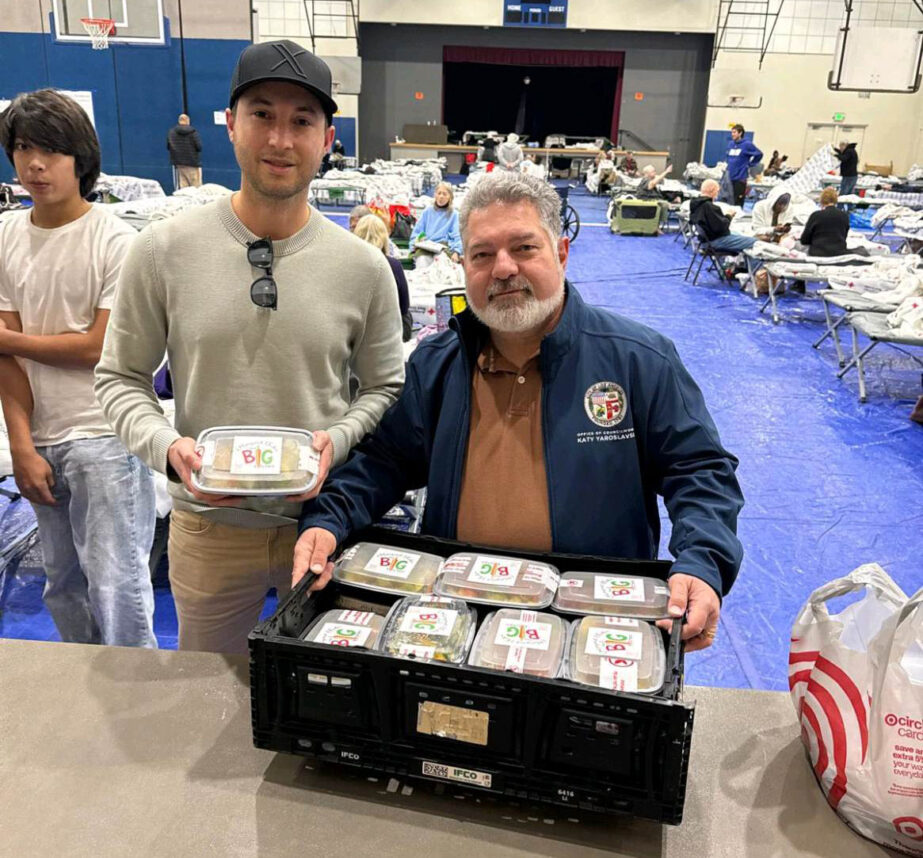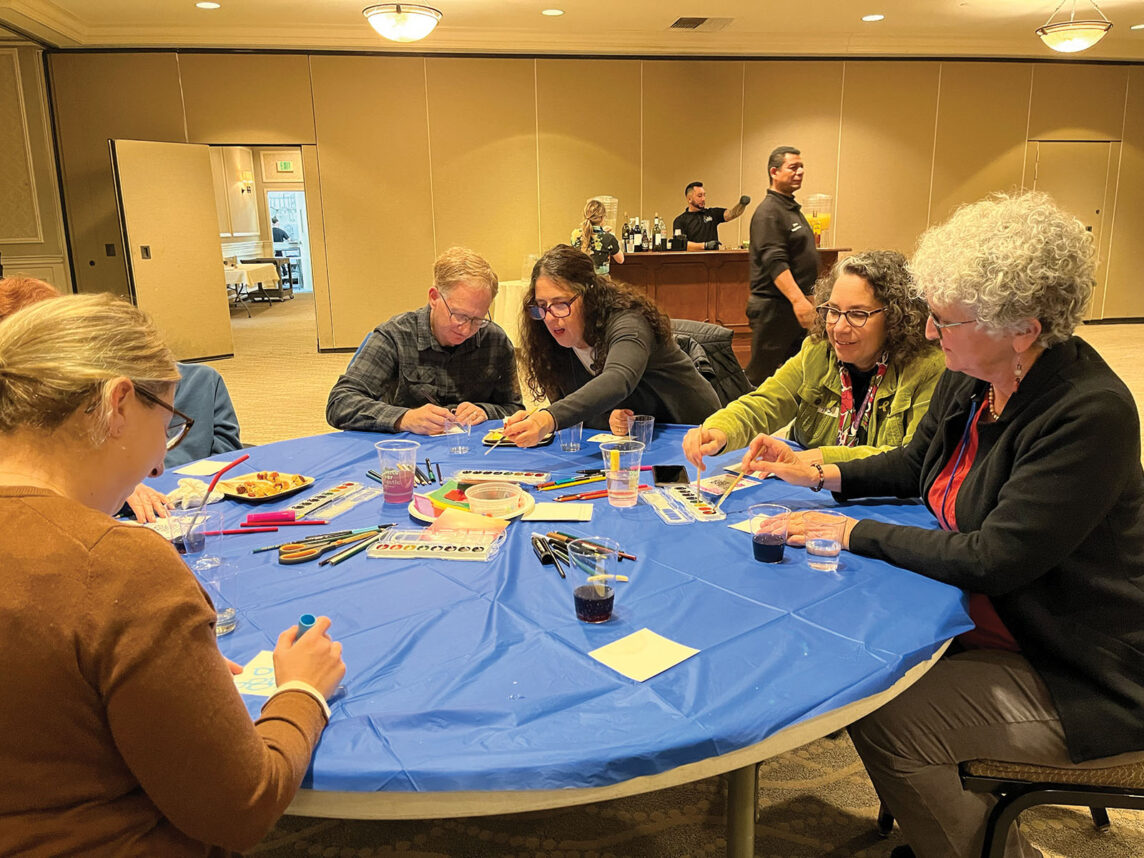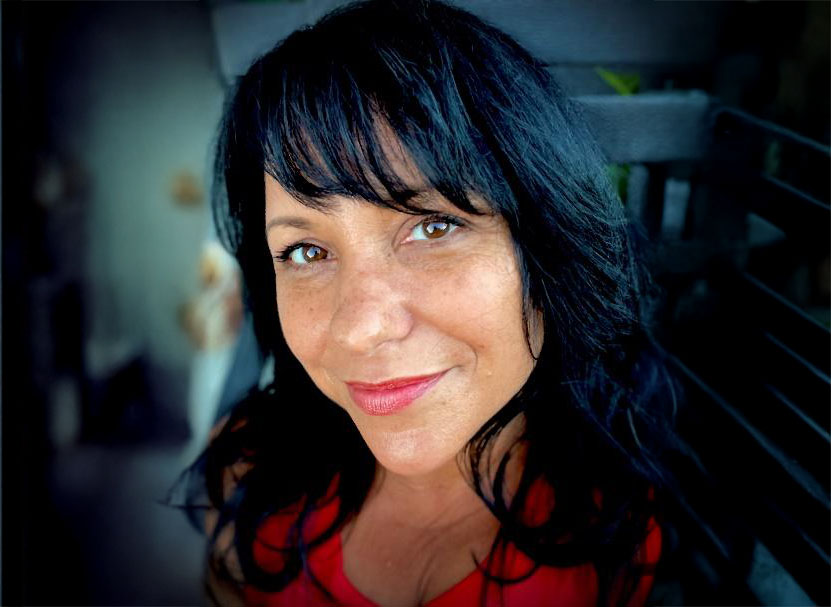
One verse, five voices. Edited by Salvador Litvak, the Accidental Talmudist
Look down from Your holy dwelling, from the heavens, and bless Your people Israel, and the ground which You have given to us, as You swore to our forefathers, a land flowing with milk and honey.
– Deut. 26:15
Dini Coopersmith
Teacher, Trip Director, reconnectiontrips.com
This request to look down upon us is made right after we have given maaser ani, which is charity to the poor. We ask Hashem that in return for giving of our produce and money to the Levites, the downtrodden and the poor, He keep to His “end of the deal” and fulfill the promise to give us the abundance of the Land flowing with milk and honey.
The Hebrew word for “Look down” is “hashkifa“. According to the Sages, this word always has negative connotations (“Hashem looked down upon Sodom”) except for this instance, to teach us that charity has the power to turn anger into mercy.
It seems that God reflects our behavior and treats us in the same way we treat others. There is a phrase taken from Psalms, “God is your shadow”. When we show other people kindness and bring goodness and light into the world through our actions and character, God responds measure for measure and sends abundance and blessing our way.
The wording of the midrash, “turns anger into mercy” reminded me of the idea that when the shofar blows, we are shaken into returning to God, and then He in turn “gets off the chair of Judgment and moves to the chair of mercy”.
As we enter the High Holy Days and reflect on ways in which we can improve, let’s start with treating others with kindness and compassion and merit to receive an abundantly compassionate sweet new year.
Ben Elterman
Screenwriter, Essayist, Speechwriter at Mitzvahspeeches.com
The phrase “You swore to our forefathers a land flowing with milk and honey,” is a little odd. You would think by “forefathers” it is referring to Abraham, Isaac, and Jacob, whom God originally promised the land of Israel. However, there’s no mention of the milk and honey anywhere in the book of Genesis. That phrase doesn’t show up until Moses is speaking to God at the burning bush in Exodus 3:8.
The Ramban suggests that the term “forefathers” actually refers to the generation that left Egypt and not the original big three. Why would Hashem not tell Abraham, Isaac, and Jacob about this special and delicious detail of the land?
I believe the Torah is giving us a brilliant idea about the rewards of work. The generation that left Egypt had firsthand experience of how being without a homeland can be catastrophic. They literally spilled blood, sweat, and tears during their exile. But it’s only from that effort and sacrifice that one can truly enjoy an achievement. Abraham, Isaac, and Jacob could have dreamed about the miracles and marvels of the land of Israel. But without going through the crucible of Egyptian slavery, they couldn’t possibly fathom the sweetness of the reward found in that land.
Rabbi David Eliezrie
President, Rabbinical Council of Orange County
Judaism is a two-way street between the Creator and his creations. Once Jews have followed the commandment of tithing, they request that G-d shower them with blessings. But more lingers here. What a Jew is really saying is, “I have served you passionately, even doing beyond the actual letter of the law. In return you should act with me beyond my expectations.”
This goes to the core of how we approach a mitzvah. It can be done with rote, “Oh I must attend High Holy Day service because grandma would be disappointed if I don’t.” The proper approach is to reach deep into ourselves and foster an excitement of doing a Mitzvah. “Wow, this year begins a whole new cycle. I have a new opportunity to reconnect with Hashem.”
Rabbi Yosef Ber Soloveitchik would recall his childhood teacher who before Rosh Hashanah declared with excitement, “we are going to the coronation of G-d”. That Jews every year on Rosh Hashanah announce to the world that Hashem is the creator and true sovereign of the world.
You can’t just show up on Rosh Hashanah expecting the rabbi’s sermon to be what makes or breaks the holiday. You have to do some spiritual lifting in advance. We must set aside time to foster the spiritual side of life. To study Torah, to inspire ourselves and others, and prepare ourselves for Rosh Hashanah.
Yael W. Mashbaum
Interim Middle School Director, Sinai Akiba Academy
Parashat Ki Tavo prepares the nation to enter the Land of Israel.
The Israelite farmer is handed a series of speeches to recite upon delivery of his first fruits and his tithe. These prescribed words are written in first person, so that any Israelite farmer can memorize the script and recite it correctly.
And then, BAM!
A stark contrast is the verse on the table which is written in the plural. The individual Israelite asks God to look down from heaven and bless the people and the soil given to us. We read this verse in Elul, as we prepare for Rosh Hashanah and Yom Kippur, when God is described in anthropomorphic terms as the King sitting on a throne throughout the machzor. We read this verse in Elul when we turn to plural language regarding our sins even when we speak individually to God about our hopes and dreams for the year.
In the final book of the Torah, Moshe exudes anxiety that the Israelites will not keep the Covenant, and his retelling the mitzvot is an effort to remind the nation how to survive and thrive long after his leadership. The juxtaposition of this verse in which God is asked for a communal blessing with the many that come before, teaches us that each Jews’ practice of Torah and mitzvot, contributes to our communal commitment to the Covenant.
May we each follow the individual prescriptions so that we attain the communal blessings. Shanah tovah.
Denise Berger
Freelance writer
This passage might be the only place in the Torah where we tell G-d what to do, rather than ask. The location of the pasuk gives an understanding about what’s really going on here.
The parsha begins with an overview of our settlement of Israel, reminding us that G-d has given it as our inheritance. We are to bring the first fruits to the Kohen, declaring that because of Hashem’s promise we are in the land. We then direct our words to Hashem, recalling the origins of His promise, starting with Yakov and Lavan and continuing through to the arrival in Israel. We are told to worship and rejoice, and we’re reminded how to treat the vulnerable. Finally, we are to point out to G-d how well we have fulfilled His requests. And then we tell Him to bless us.
If we’re able to fulfill everything on that list, we are already amazingly blessed. But human nature is such that when things go well, we consider the facts of our daily lives to be the natural order rather than a divine gift. Right at our peak of being impressed with ourselves, the Torah harnesses that arrogance to align our hearts to Hashem. There is no condemnation of boldness or entitlement or lack of humility. Instead, those very traits are embraced and channelled in a way that reconnects us to a recognition of what it means to be blessed.























 More news and opinions than at a Shabbat dinner, right in your inbox.
More news and opinions than at a Shabbat dinner, right in your inbox.